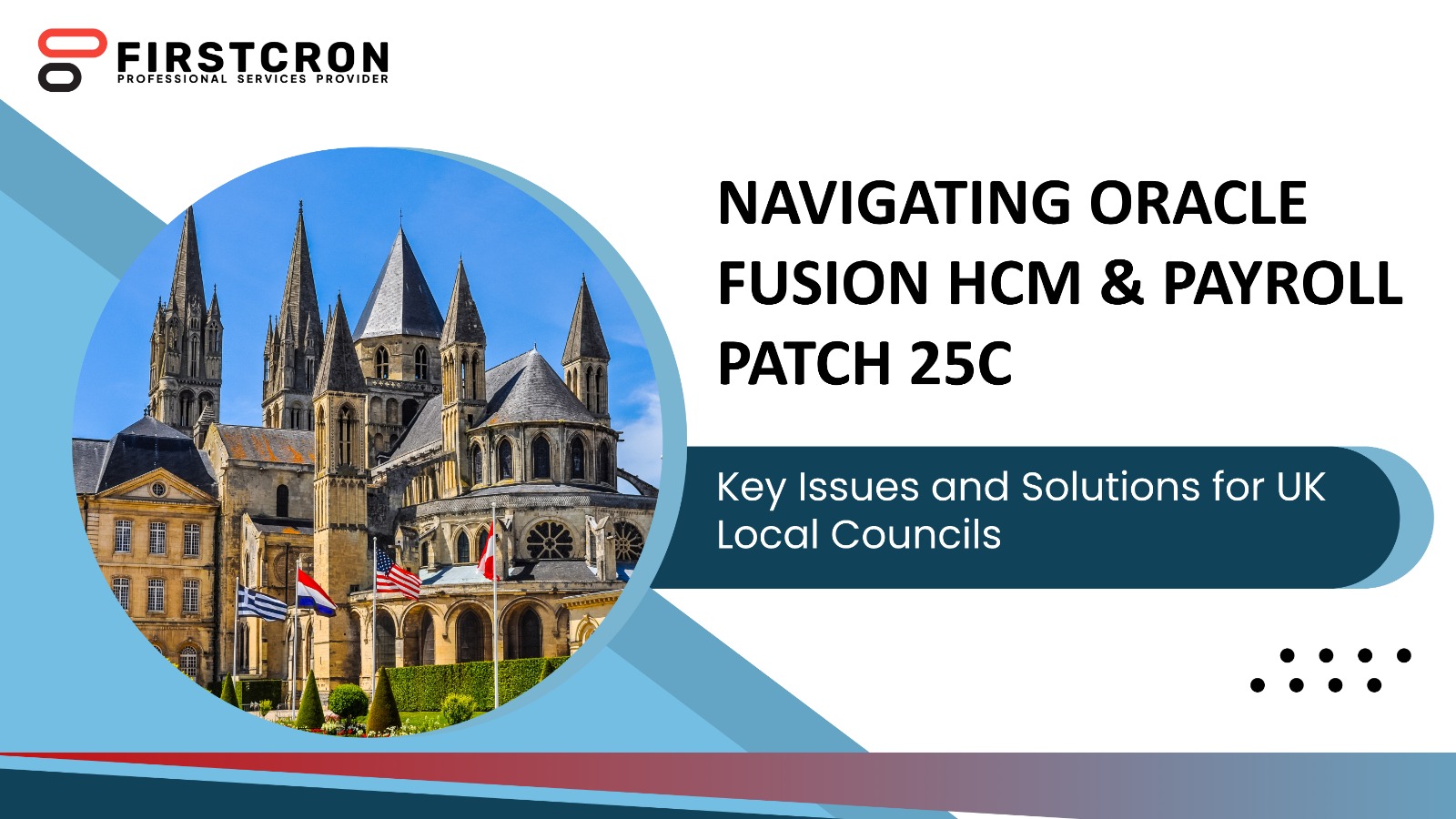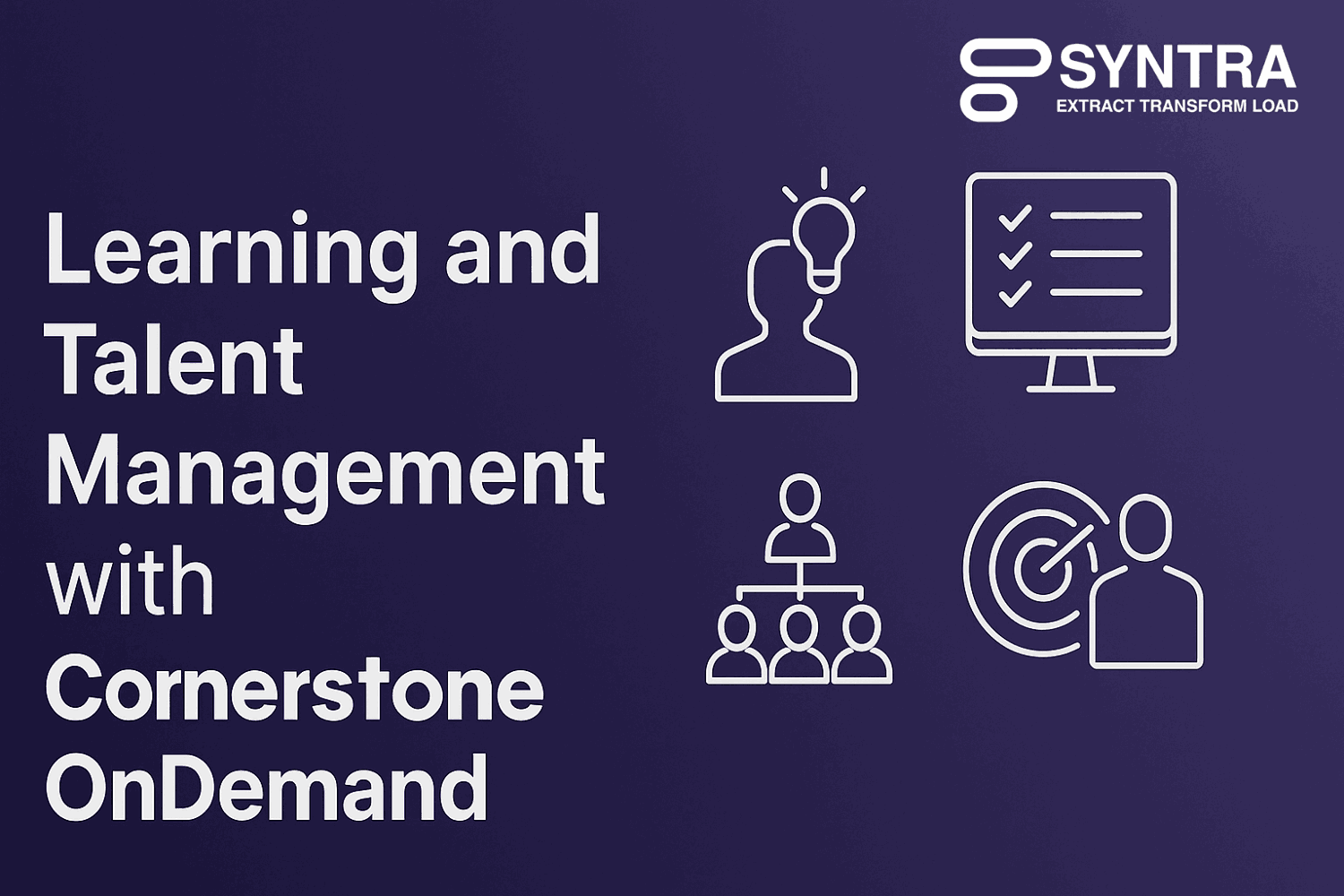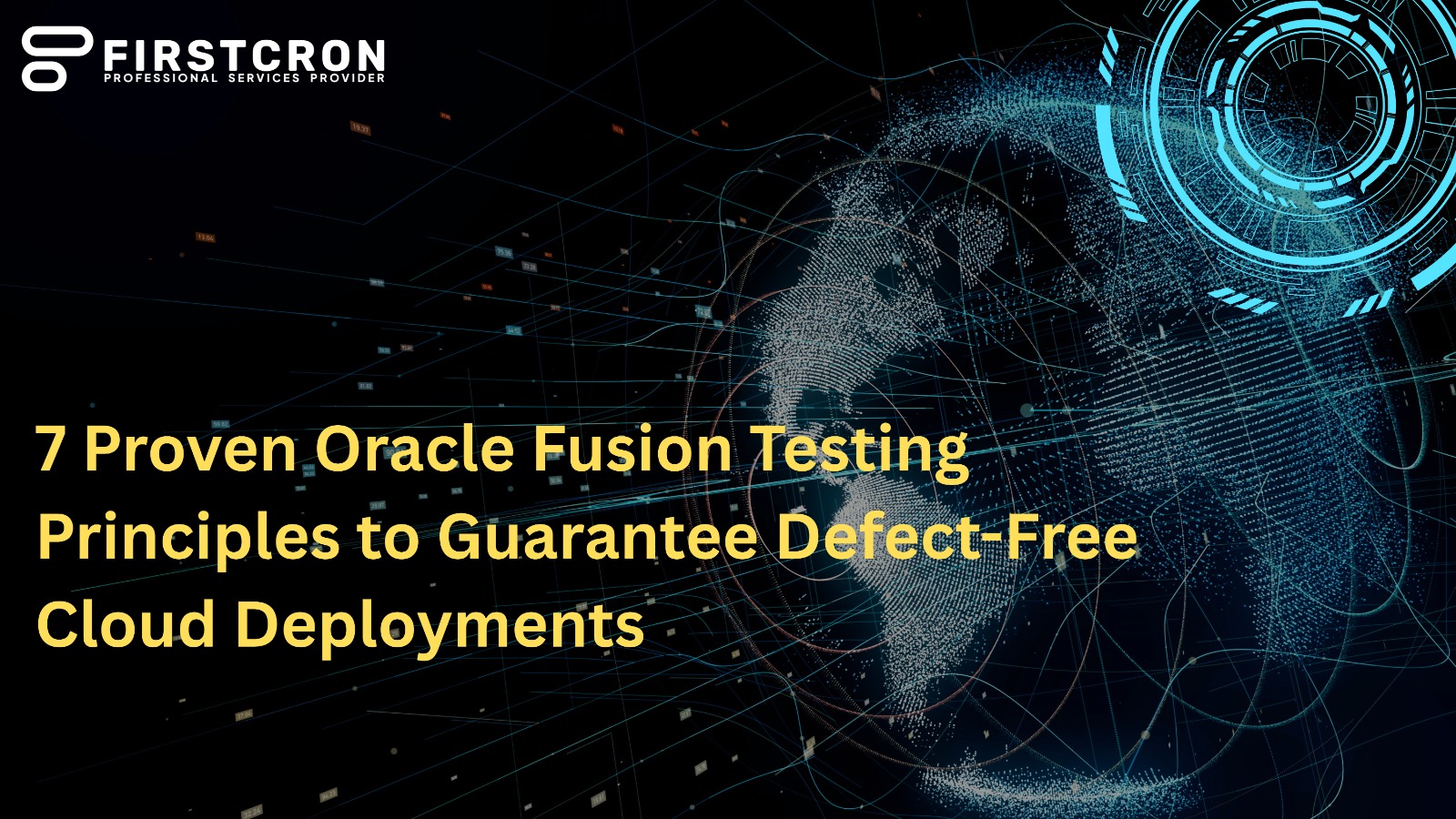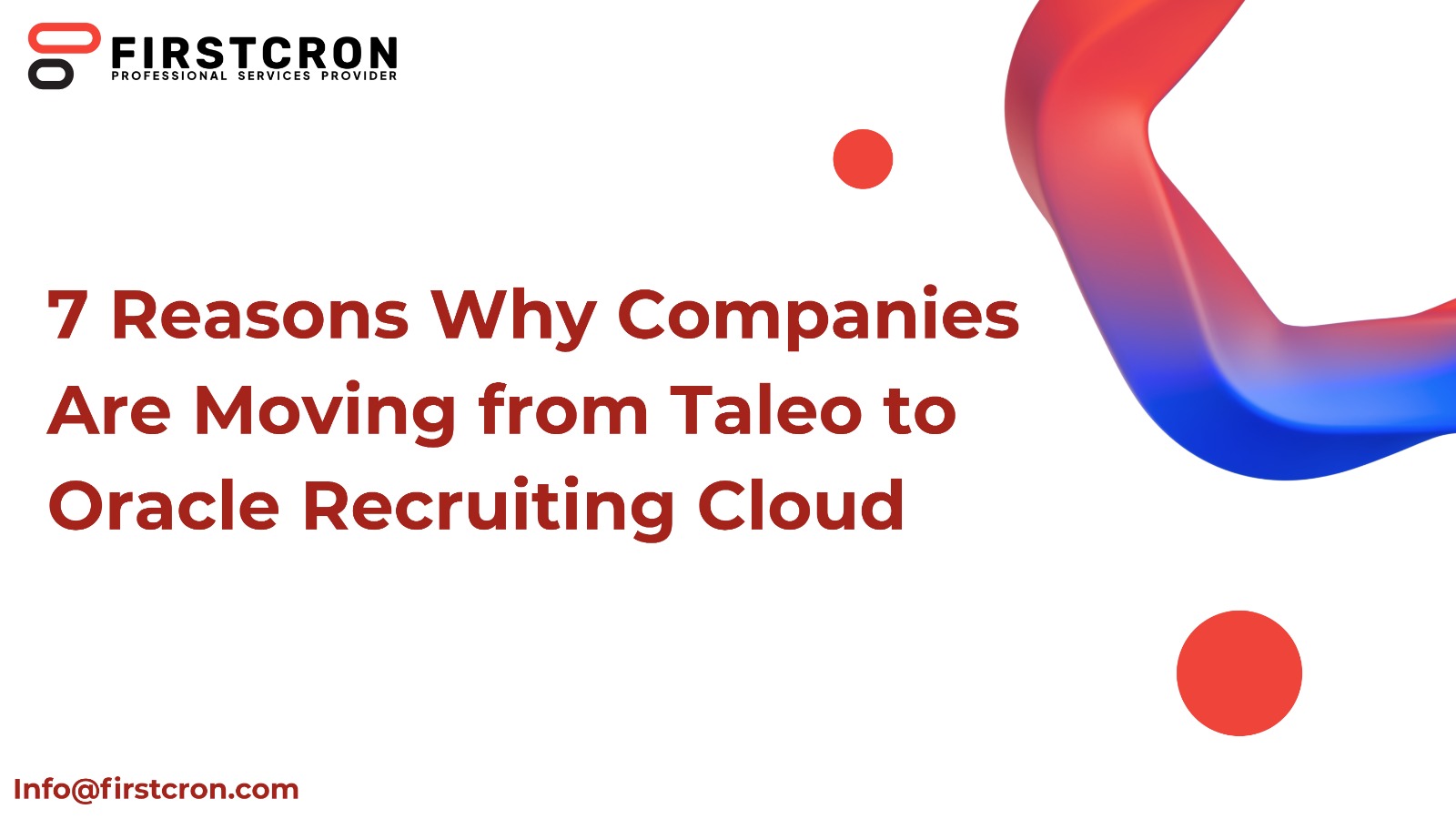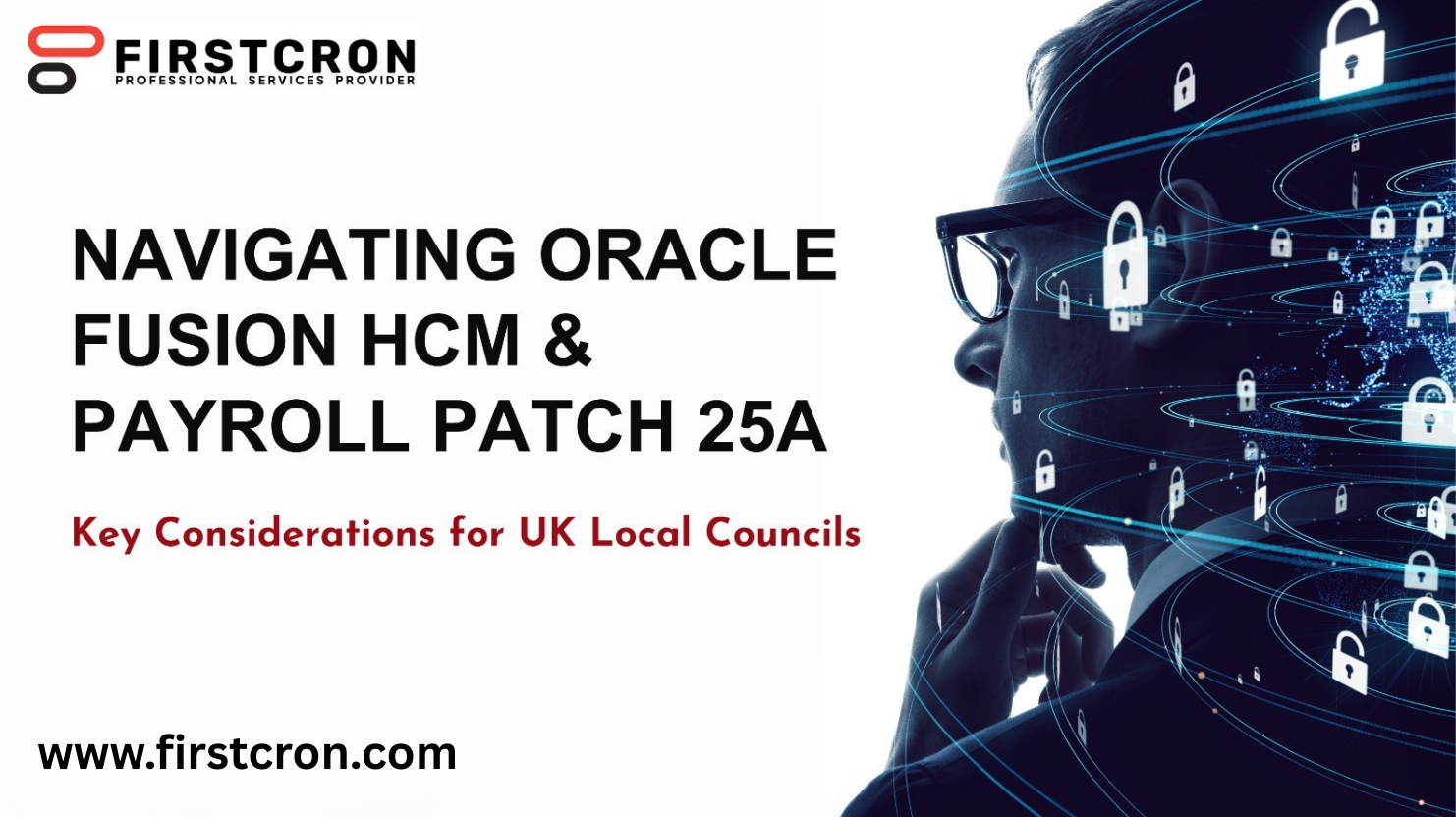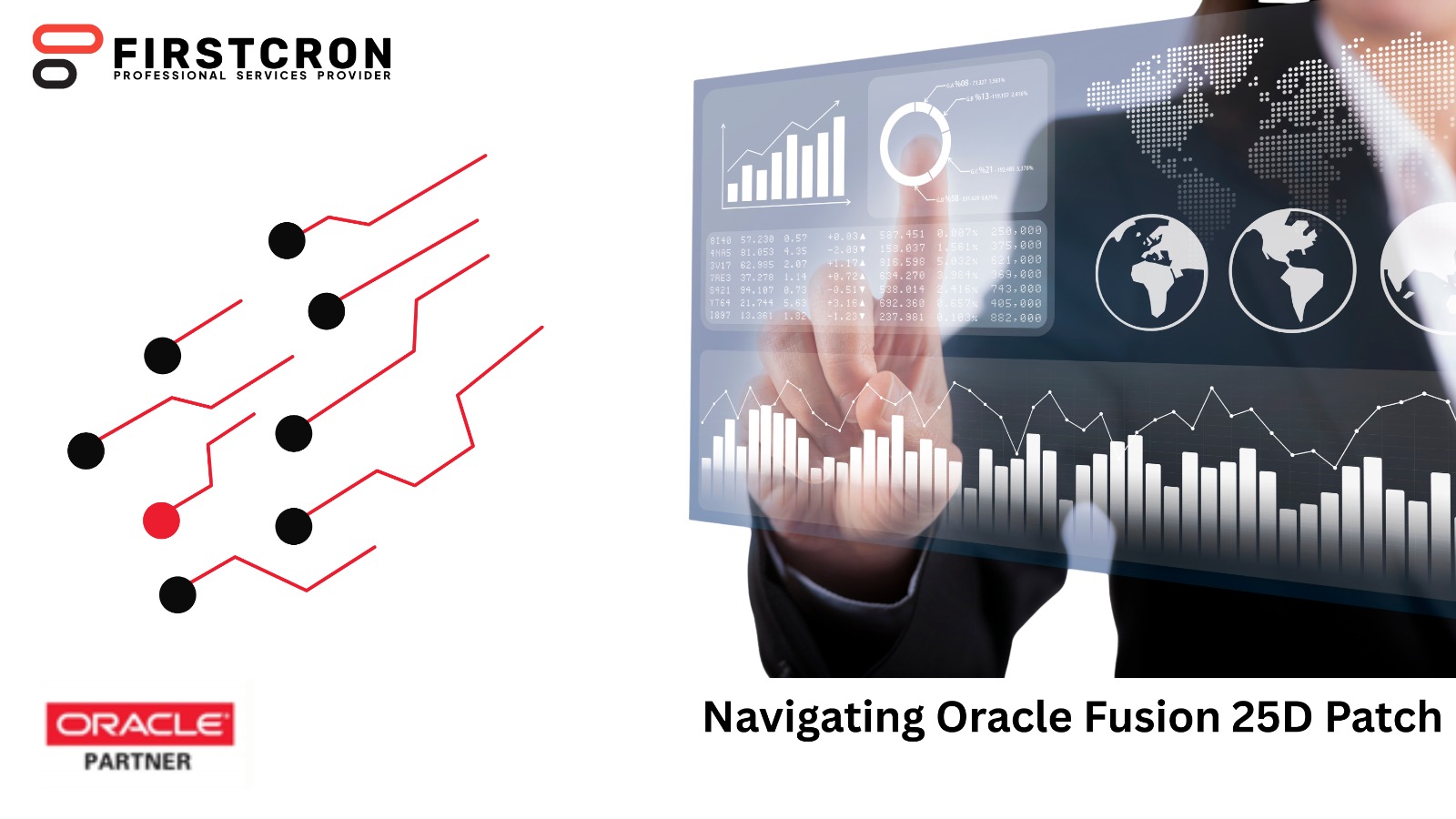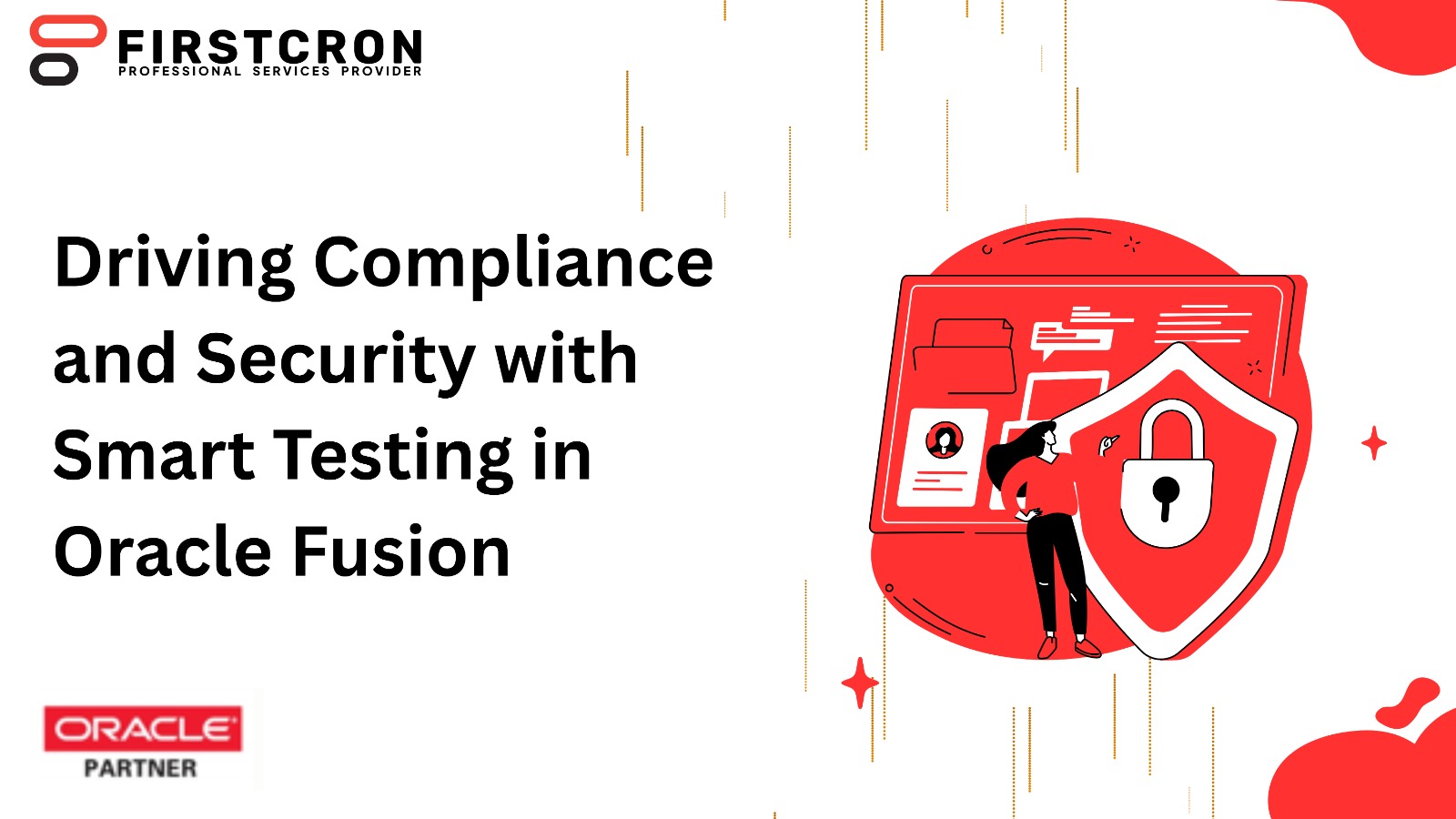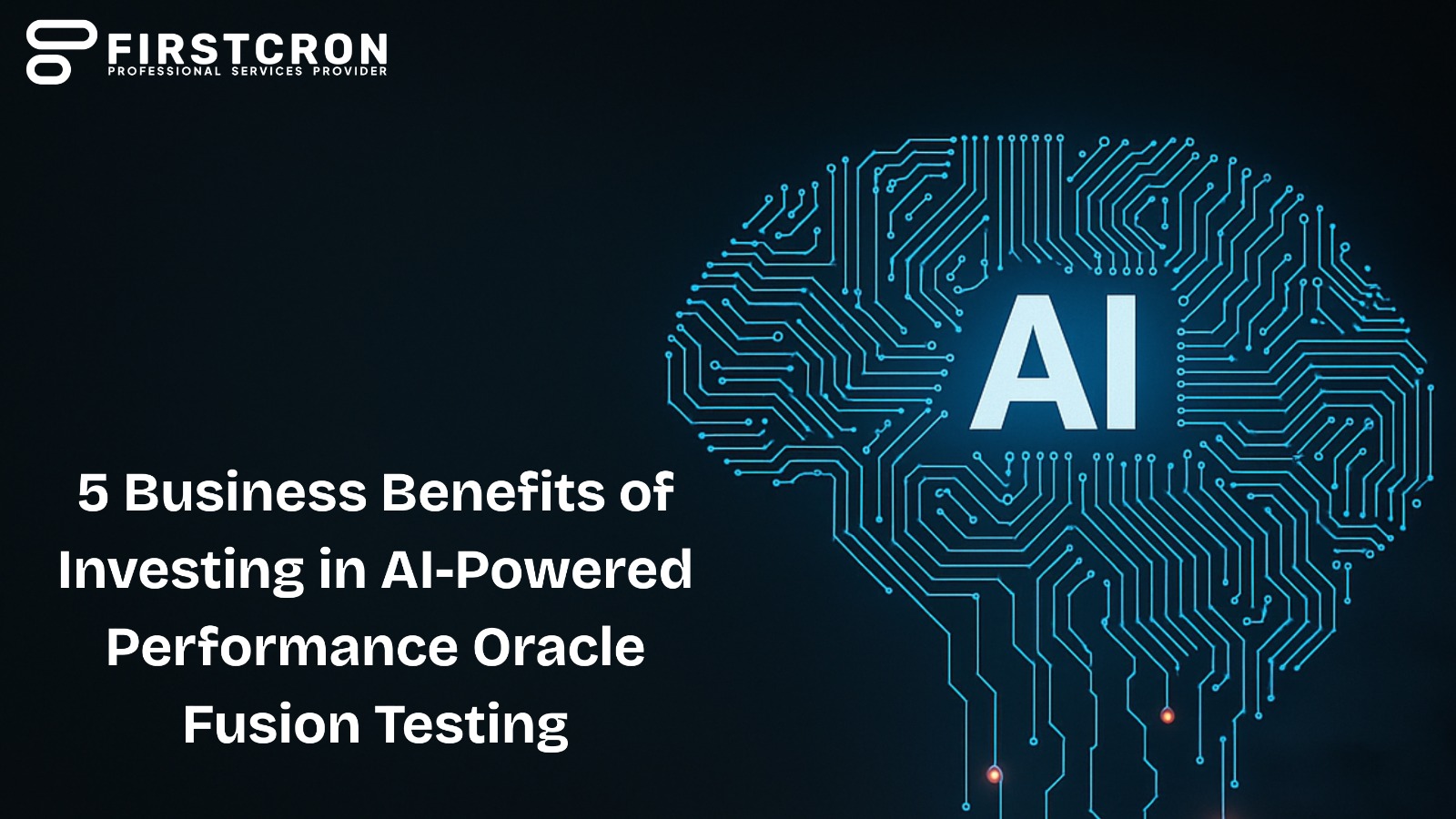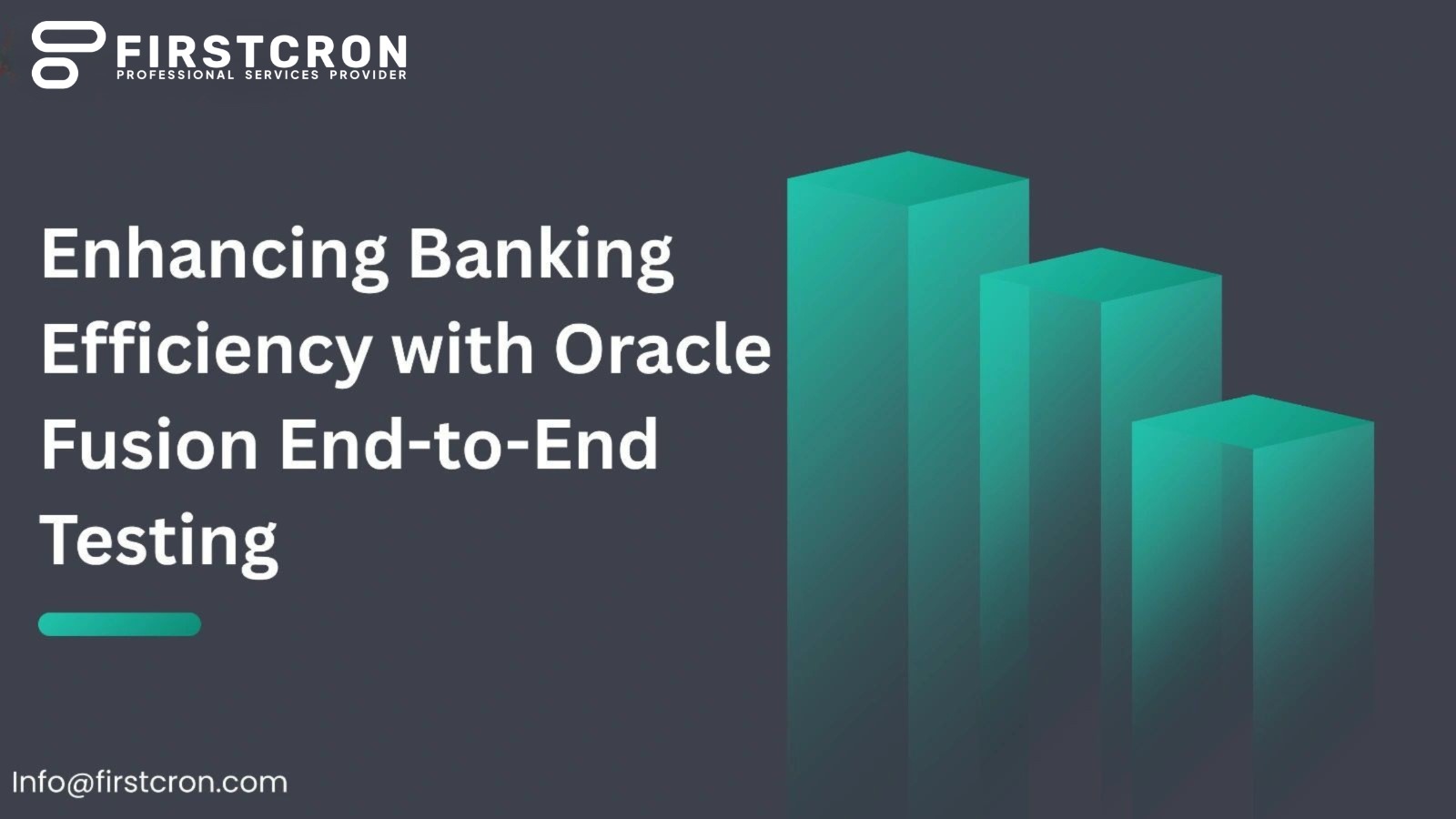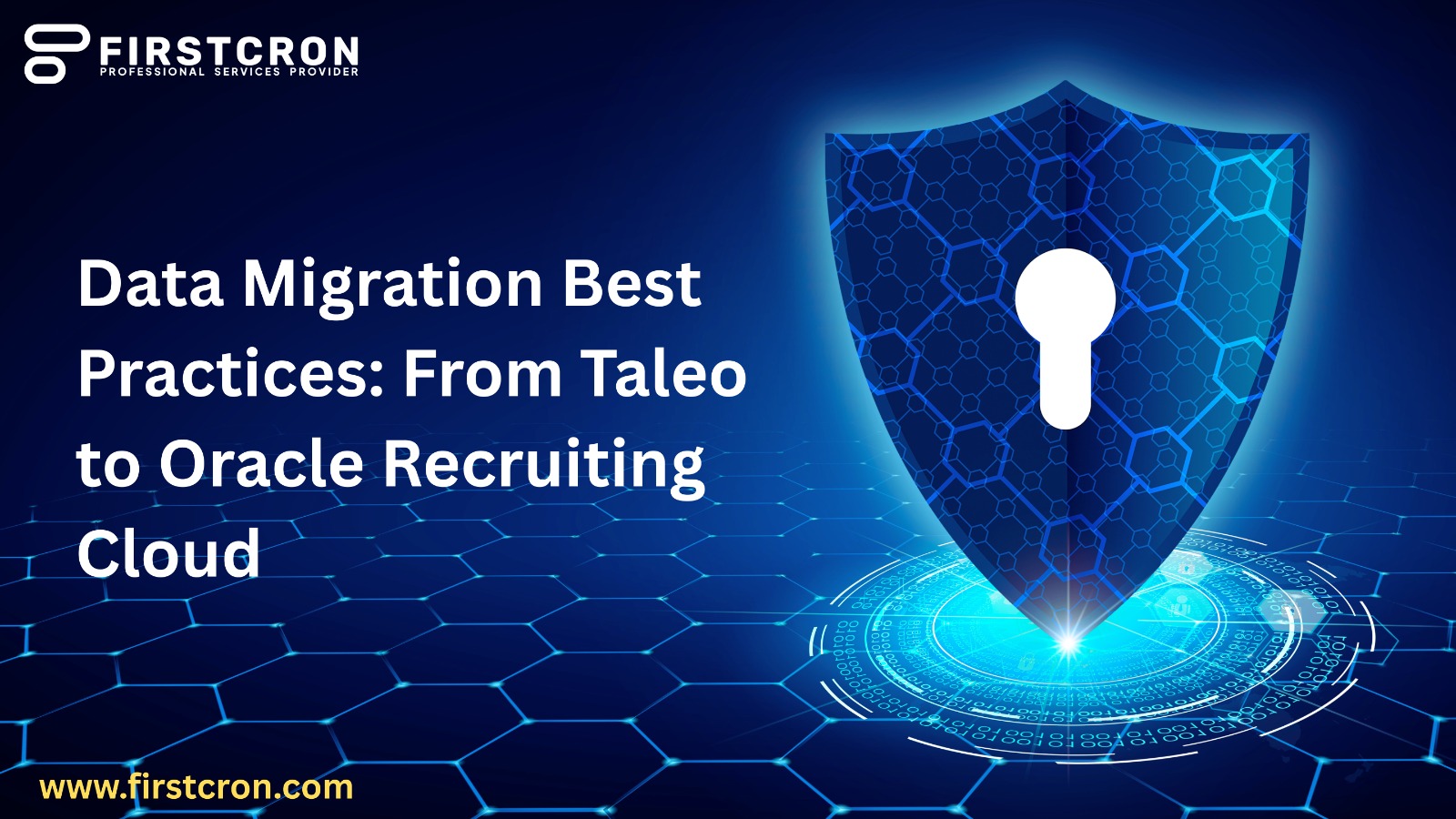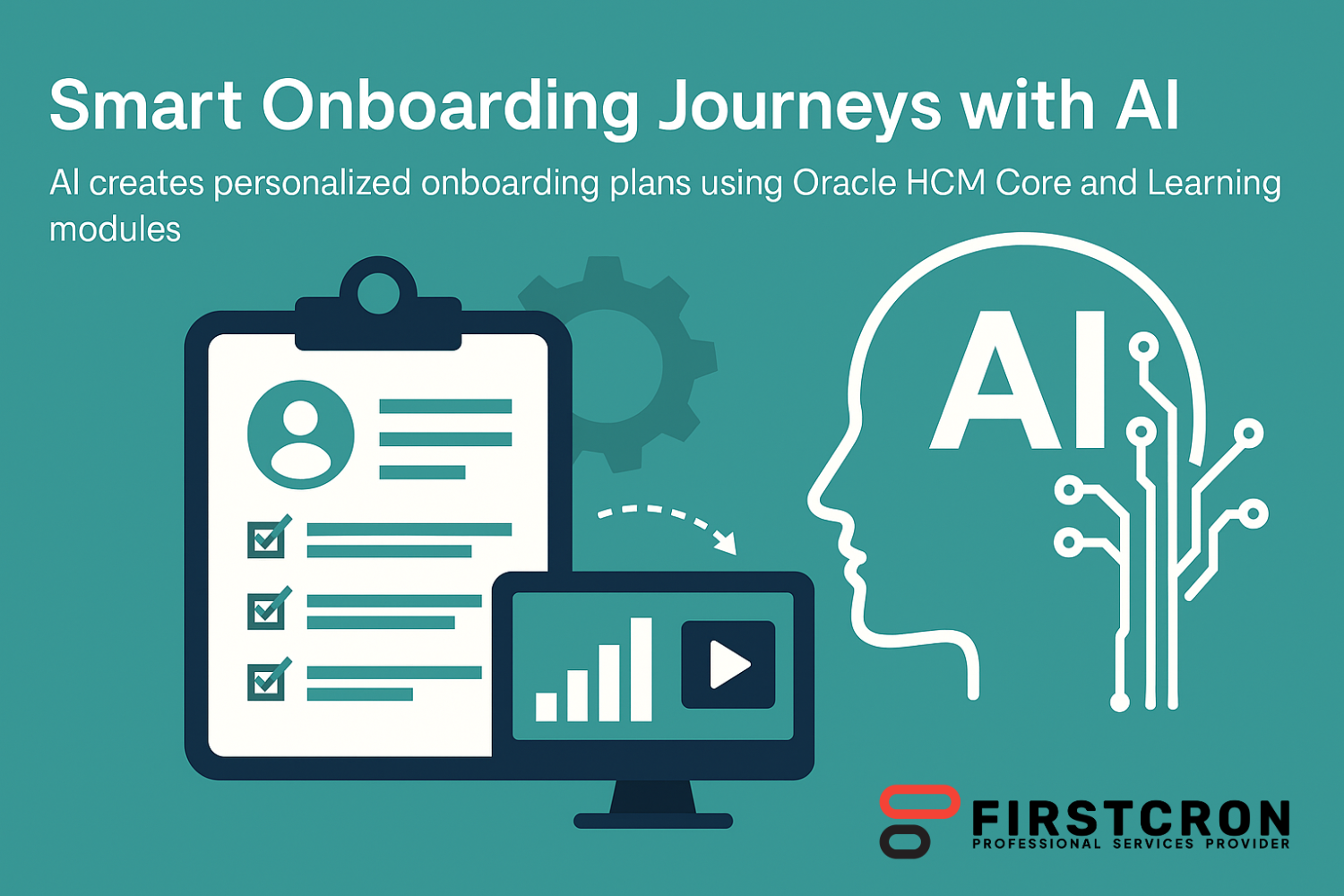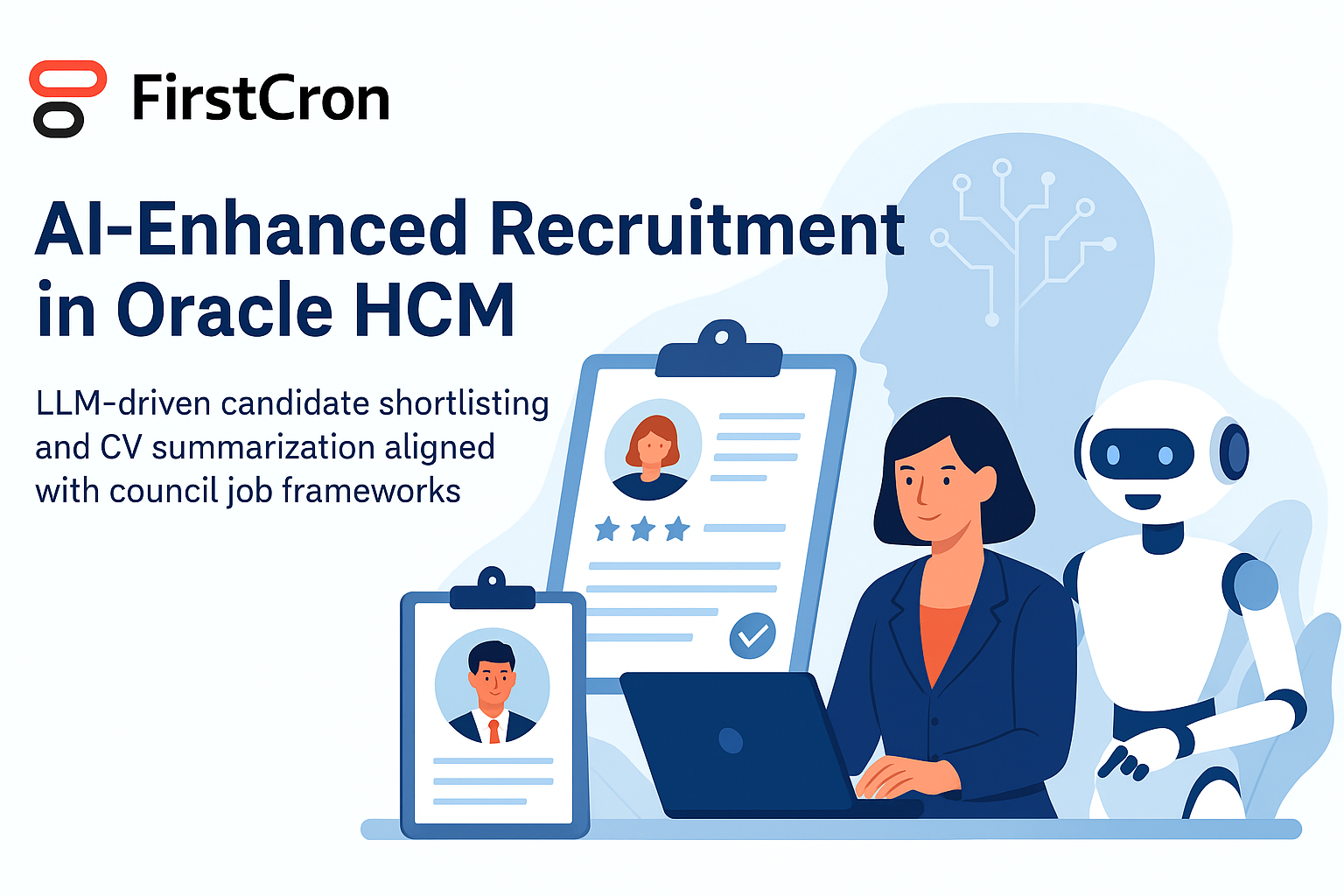
Recruitment in the public sector, particularly within councils, involves a delicate balance of fairness, compliance, and efficiency. Councils must adhere to stringent job frameworks, equality standards, and audit trails when hiring employees, while also dealing with high application volumes across a wide range of roles.Oracle Human Capital Management (HCM) is a widely used platform for managing end-to-end recruitment. However, while it centralizes recruitment processes, HR professionals still face challenges when it comes to screening CVs, shortlisting candidates, and ensuring alignment with council job frameworks.The arrival of Generative AI and Large Language Models (LLMs) offers a powerful opportunity to enhance Oracle HCM. By leveraging AI-driven candidate shortlisting and CV summarization, councils can make recruitment faster, fairer, and more transparent.
In this blog we’ll cover
- Recruitment Challenges In Councils
- The Role Of Generative AI In Recruitment
- How LLM-Driven Candidate Shortlisting Works
- AI-Powered CV Summarization
- Benefits For Councils
- Risks And Mitigation Strategies
- Practical Example
- Implementation Roadmap For Councils
- Comparison: Traditional Vs AI-Enhanced Recruitment
- Real-World Future Applications
- Human + AI Collaboration
- Conclusion
Recruitment Challenges In Councils
Local councils face recruitment challenges that differ from those of private organizations. These challenges include:
These issues lead to delays, increased costs, and occasionally, the perception of bias or inconsistency in council hiring practices.
The Role Of Generative AI In Recruitment
Generative AI—particularly LLMs trained on diverse datasets—can augment Oracle HCM by automating two critical aspects:
AI can parse CVs, match skills to job descriptions, and score candidates against council-specific frameworks.
Instead of HR officers reading lengthy applications, AI can generate structured, concise summaries highlighting relevant qualifications, experience, and potential red flags.
How LLM-Driven Candidate Shortlisting Works
LLM-driven shortlisting relies on three key steps:
The AI reads CVs in different formats (PDF, Word, scanned images) and extracts structured data such as education, work history, and skills.
Candidate attributes are mapped against council job frameworks, including:
The AI generates a candidate ranking, highlighting best-fit profiles for each role.
AI-Powered CV Summarization
Another major time-saving feature is CV summarization.
Benefits For Councils
The adoption of LLM-driven recruitment in Oracle HCM offers numerous advantages.
Risks And Mitigation Strategies
Introducing AI into recruitment is not without risks. Councils must carefully address:
Practical Example
Imagine a council is recruiting for a Senior Housing Officer role with criteria including:
The HR officer now reviews a curated shortlist with clear explanations, reducing workload dramatically while maintaining compliance.
Implementation Roadmap For Councils
Adopting AI-enhanced recruitment within Oracle HCM requires a structured approach.
Step-by-step roadmap:
- Step 1 – Pilot Program: Introduce CV summarization for a small group of vacancies.
- Step 2 – Framework Integration: Map AI outputs against council-specific job frameworks.
- Step 3 – Compliance Testing: Ensure AI outputs meet equality and transparency requirements.
- Step 4 – Full Rollout: Extend to all recruitment workflows in Oracle HCM.
- Step 5 – Continuous Monitoring: Audit AI performance and retrain models as frameworks evolve.
Comparison: Traditional Vs AI-Enhanced Recruitment
| Aspect | Traditional Recruitment | AI-Enhanced Recruitment In Oracle HCM |
|---|---|---|
| CV Screening | Manual, time-consuming | Automated parsing & summarization |
| Shortlisting | Based on HR judgment | Data-driven scoring aligned to frameworks |
| Efficiency | Weeks for high-volume roles | Hours or minutes |
| Transparency | Subjective summaries | Structured AI explanations |
| Bias Risk | Human unconscious bias | Algorithmic bias (mitigated with audits) |
| Candidate Experience | Delays in feedback | Faster responses and clarity |
Real-World Future Applications
Beyond shortlisting and summarization, AI-enhanced Oracle HCM could evolve into:
3. Interview Assistance: AI generating tailored interview questions based on candidate CVs.
Human + AI Collaboration
It’s vital to emphasize that AI is not here to replace HR officers but to empower them.
This balance is particularly crucial in council recruitment, where public accountability and fairness are non-negotiable.
Conclusion
Council recruitment must balance efficiency, fairness, and transparency. Oracle HCM already provides a robust platform for managing these processes, but the integration of LLM-driven AI shortlisting and CV summarization takes it to the next level.
By automating repetitive tasks, reducing bias, and aligning candidate evaluations with job frameworks, councils can not only improve efficiency but also strengthen public trust in recruitment outcomes.
The future of council recruitment lies in AI-human collaboration, where generative AI supports HR professionals in delivering faster, fairer, and more transparent hiring decisions. To explore practical solutions, visit firstcron.com.
Tags
Related Post
Navigating Oracle Fusion HCM & Payroll Patch 25C: Key Issues And Solutions For UK Local Councils
July 26th, 2025 10 min read
Learning And Talent Management With Cornerstone OnDemand
October 10th, 2025 17 min read
7 Proven Oracle Fusion Testing Principles To Guarantee Defect-Free Cloud Deployments
May 16th, 2025 15 min read
7 Reasons Why Companies Are Moving From Taleo To Oracle Recruiting Cloud
June 2nd, 2025 14 min read
Navigating Oracle Fusion HCM & Payroll Patch 25A: Key Considerations For UK Local Councils
July 27th, 2025 10 min read
WEEKEND READS
Navigating Oracle Fusion HCM & Payroll Patch 25C: Key Issues And Solutions For UK Local Councils
July 26th, 2025 10 min read
7 Proven Oracle Fusion Testing Principles To Guarantee Defect-Free Cloud Deployments
May 16th, 2025 15 min read
7 Reasons Why Companies Are Moving From Taleo To Oracle Recruiting Cloud
June 2nd, 2025 14 min read
Navigating Oracle Fusion HCM & Payroll Patch 25A: Key Considerations For UK Local Councils
July 27th, 2025 10 min read
Driving Compliance And Security With Smart Testing In Oracle Fusion
June 5th, 2025 9 min read
5 Business Benefits Of Investing In AI-Powered Performance Oracle Fusion Testing
May 5th, 2025 11 min read
How End-to-End Testing Of Oracle Fusion Enhances Operational Efficiency In Banking
May 23rd, 2025 11 min read
Data Migration Best Practices: From Taleo To Oracle Recruiting Cloud
May 28th, 2025 13 min read
Smart Onboarding Journeys With AI: Personalized Employee Integration Through Oracle HCM Core And Learning
September 13th, 2025 21 min read






